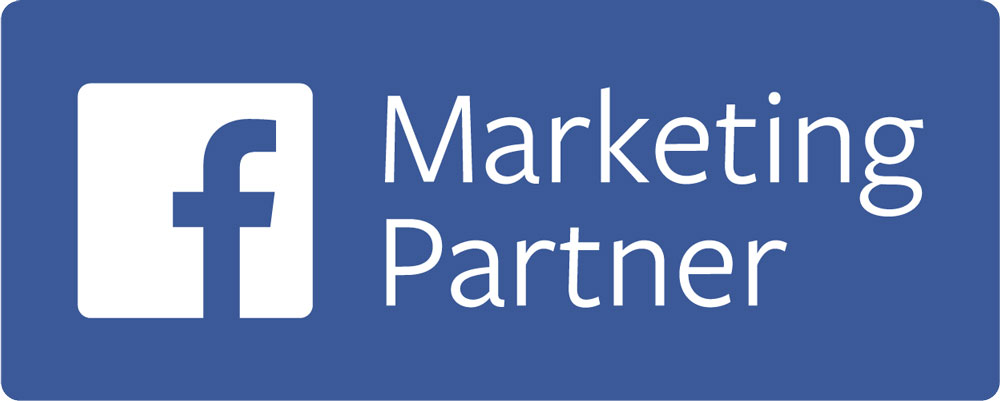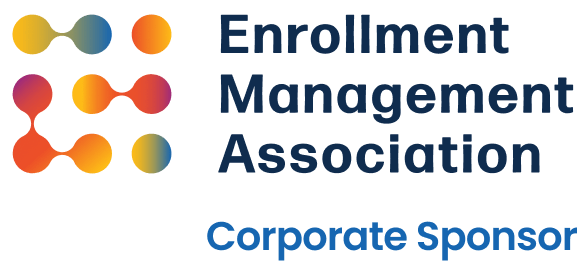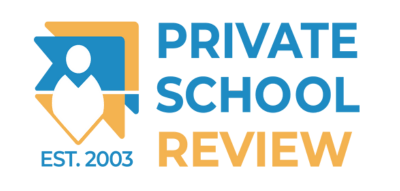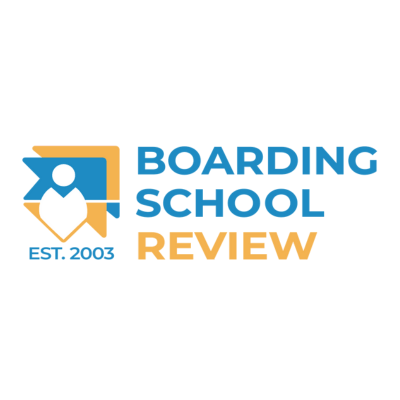By Maggie Twaroski, Truth Tree Contributor
Every school wants to see their name appear at the top of a Google search. Whether it’s in the first three organic searches or the oh-so-desirable featured snippet, pushing your school website to the top can be both an exciting and frustrating task. Keyword research can take out some of the guesswork around better rankings by showing exactly which phrases your prospects are searching for, so you can incorporate those into your website and ad copy.
The more intentional you are with keyword research, the better your chance of ranking higher than your competition.
Let’s start with a quick keyword refresher.
What are SEO keywords?
Keywords are the words and phrases websites use to improve their SEO and raise their search engine rankings. Google (or other search engines) use keywords to rank a website in both organic and sponsored search results. Incorporating the right keywords into your website and ad copy improves your SEO and increases SERP rankings.
What does keyword research actually look like? Here’s a step-by-step guide to help get you started.
Step 1: Do some DIY research, or choose a tool
Keyword research can be as simple as typing a search into Google and seeing what other suggestions come up in the dropdown. Or, take a look at the “people also ask” list to get an idea of other related keyphrases. Of course, this DIY research will only take you so far. If you’re looking for a detailed list of keywords and analytics, you’ll need a keyword research tool. There are tons of options out there, both free and paid. Some come with extra bells and whistles, but all you really need is a comprehensive list of keyword ideas, along with basic analytics–search volume, keyword difficulty, and intent.
Search volume: How many people are searching for the keyword.
Difficulty: How many other sites are also trying to rank for the keyword.
Intent: What the searcher is trying to do
Keyword research tools include other analytics, but for most schools, these three will be the most important.
To see what this looks like in action, let’s pop the term “private schools in Houston” into the Semrush keyword research tool.

Intent: You’ll notice that these are all commercial keywords (“C” intent), which means searchers of this term are beyond the information-gathering phase and are ready to take action, or at least compare their options (more on that later).
Search volume: This phrase has a significantly higher search volume than all other related phrases, which means it’s the most popular search term people are using to find private schools in Houston.
Difficulty: As search volume increases, so does keyword difficulty. “Private schools in Houston” has a significantly higher search volume than the other related phrases, but is also the most competitive, according to the keyword difficulty score (KD%).
Step 2: Choose your keyword types
For a balanced SEO strategy, you’ll want to try ranking for a mix of short, long, and local keywords. Here’s what you need to know about each one:
Short-tail keywords
Though some short-tail keywords can be as short as one word, most are two or three-word phrases like “catholic education” or “Chicago STEM schools.” These phrases typically cover a broad topic, have a high search volume, and are competitive.
Long-tail keywords
With the growing popularity of voice search and the continued advances in AI impacting online searches, more SEO experts are recommending businesses focus on longer, more specific keywords. These detailed phrases are typically 3-6 words long, and are often conversational. Think “how much does Catholic school cost?” or “pros and cons of boarding school.”
When choosing which long-tail keywords to target, keep your prospective parents in mind. What kind of questions are they asking?
Lead SEO Specialist at Truth Tree
Don’t think how a head of school or marketing would think. Think about how parents new to your area would search vocally if they were using speech-to-text on their phone.
Local keywords
Local keywords incorporate a location into the phrase, (e.g. “private schools in Dallas, TX”). These keywords are particularly applicable for schools, since they serve a specific geographic area. Your most qualified leads aren’t looking for any school anywhere, they’re looking for schools in a specific area.
Step 3: Identify keyword (search) intent
Effective keywords that result in higher SEO rankings ultimately boil down to relevancy. Google is looking for keywords that match what users are searching for–not just the words themselves, but the intent behind them. This is where some schools can fall short and decrease their ranking potential.
Chief Operating Officer at Truth Tree
It’s always surprising to me that schools are not ranking at all for keywords that parents are actively using to find a school. There are a lot of missed opportunities for brand visibility when it comes to schools, SEO, and being ‘discovered’ online.
Many of those “missed opportunities” can be found right on your school’s website. The key is to identify search intent and target your keywords in the right places. Marketers can break down search intent into four categories:
Navigational
This is for the user who knows exactly what they’re looking for–they’re already familiar with your school, and they’re looking for a specific page. E.g. “Truth Tree Academy Calendar.”
Where to use navigational keywords:
- Home page
- Contact page
- Calendar
- Other primary web pages
Informational
Informational keywords should be targeted towards users who are just starting to gather insights on an educational topic or niche. E.g. “How much does catholic school cost?” or “Benefits of Montessori education.”
Where to use informational keywords:
- Financial aid pages
- About page
- Blog
- Other sources of informational, evergreen content
Commercial
For those still needing some persuasion before taking action, commercial keywords are designed to help users compare and contrast options. E.g. “Best Catholic schools in Chicago,” “Catholic school testimonials,” or “Truth Tree Academy reviews.”
Where to use commercial keywords:
- Landing pages
- Testimonials page
Transactional
Transactional keywords are targeted towards the person ready to take action (contact admissions, sign up for a webinar, attend an open house, etc.). They may search for “catholic schools near me,” or “Truth Tree Academy admissions.”
Where to use transactional keywords:
- Landing pages
- Admissions page
- Contact page
Step 4: Apply keywords to web content and advertisements
There are two main places where SEO keywords belong: your school’s website, and your advertisements. These are the two places most likely to convert leads, and what Google is going to be looking at when ranking pages. We’ve already discussed where you can incorporate keywords on your website (see step 3), so now let’s unpack ad keywords.
PPC keyword research
Keyword research isn’t just for SEO content and organic traffic, it’s for your PPC ads too. In fact, you might say that the stakes are higher for PPC keyword research, since your ad spend and conversions are largely dependent on which keywords you choose.
When bidding on keywords for your PPC ads, search intent matters. You want to bid on high-intent keywords (the phrases that are most likely to result in conversions). Commercial and transactional keywords are typically your best bet, since these are the phrases people use when they’re ready to take action.
For example, the keyword “best private schools in Nashville” would be a better choice than “pros and cons of private school education.” The former is a transactional keyword searched by someone actively looking for schools, while the latter is an informational search for someone simply looking for a helpful blog post. Bidding on an informational keyword isn’t necessarily wrong, but you’ll get a more immediate ROI from transactional and commercial keywords.
If you’re curious about the potential repercussions of poor keyword research in your PPC ads, check out this cautionary tale about a translation business that lost $150,000 by choosing the wrong keyword to bid on.
Frequently-asked questions
Still have questions about keyword research? It’d be weird if you didn’t! Keyword research (and SEO in general) is a tricky business, and there are certainly nuances to consider. Here are some questions you might be asking:
How can I improve keyword rankings?
First and foremost, make sure you’re carefully choosing keywords that are most relevant to your school’s offerings and on-page content. Then, try some of these tips:
- Incorporate keywords into your title tag, meta descriptions, tags, and alt text
- Run a keyword gap analysis
- Make sure your content is readable
- Align your content with keyword intent
- Acquire backlinks
Is it better to target low-volume or high-volume keywords?
While both have their advantages, ranking for low-volume keywords is generally more attainable than high-volume keywords, since they are less competitive. That said, ranking for high-volume keywords is possible if you optimize your content.
What are the best keyword research tools?
It depends on what your SEO priorities are and how much you’re willing to spend. Some keyword research tools like Wordstream are free, but most adopt a “freemium” option, where you have a limited number of free searches or analytics. If you want more, you’ll have to upgrade to a plan. Semrush and Ahrefs are two of the most well-known keyword research tools, and offer limited free searches and analytics, as well as numerous upgrade options.
Let keyword research guide your SEO
At the heart of every solid SEO strategy is comprehensive keyword research. Whether you’re looking to optimize your on-page SEO with relevant keywords, or you want to increase your ad ROI, keyword research will help you identify which terms are worth pursuing. With the right digital tool and some easy DIY research, your school can start to climb the SERP ladder and gain visibility with your audience.
Want an elevated digital reach with minimal keyword research on your part?
We work with schools every day who prefer to focus on in-person tours, events, and retention efforts. Join them, and leave the ad campaigns and optimization to us.











